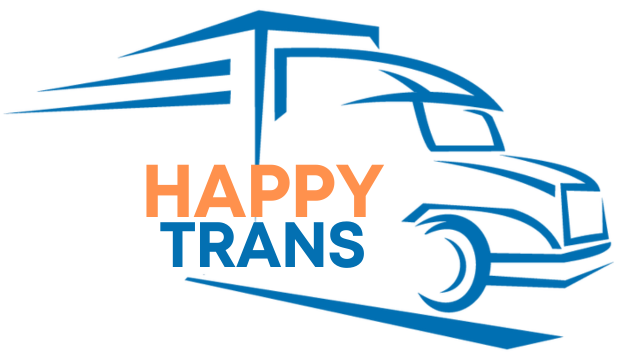NVOCCs (Non-vessel operating common carriers)
What is a NVOCC ?
- NVOCC is Non-Vessel Operating Common Carrier . An ocean carrier who performs all of the services of a carrier, but who does not own their own vessels. They operate by leasing or buying available space in containers and using their own House Bill of Lading to contract with customers.
- An NVOCC is a transportation intermediary, similar to a Freight Forwarder, except that an NVOCC contracts directly with the shipper to transport containers but does not usually own warehouse space (as opposed to a freight forwarder, who acts as the shipper’s agent to book the shipment for transport with a carrier, but will typically have access to their own warehouse space).
- NVOCCs are not controlled or regulated, but they usually must register for a license in the country where they operate.
OTI (Ocean Transportation intermediaries)
Ocean Transportation Intermediaries (OTIs) are either Ocean Freight Forwarders or Non-Vessel-Operating Common Carriers and are regulated by the FMC pursuant to the Shipping Act of 1984.
An Ocean Freight Forwarder (OFF) is an individual or company located in the U.S. which:
- Arranges cargo movement to an international destination
- Dispatches shipments from the United States via common carriers and books or otherwise arranges space for those shipments on behalf of shippers
- Prepares and processes the documentation and performs related activities pertaining to those shipments
AMS (Automated manifest system)
Automated manifest system (AMS) was created to collect shipment information formulated by U.S Customs and Border Protection(CBP) in 2004. It includes departure, arrival, and release information between the carrier, freight forwarder, exporter, and importer.
The document must be filed 24 hours prior to the departure of a ship from the port of loading.
ISF ( Importer Security Filing )
What is an Importer Security Filing?
Under the new rule, before merchandise arriving by vessel can be imported into the United States, the “Importer Security Filing (ISF) Importer,” or their agent (e.g., licensed customs broker), must electronically submit certain advance cargo information to CBP in the form of an Importer Security Filing. This requirement only applies to cargo arriving in the United States by ocean vessel; it does not apply to cargo arriving by other modes of transportation.
What’s the Difference Between ISF and AMS
AMS: Shipping carriers must report their cargo to customs before sailing.
ISF: Prior to loading cargos onto the ship, the importer must register cargo into the customs system.




 Tiếng Việt
Tiếng Việt